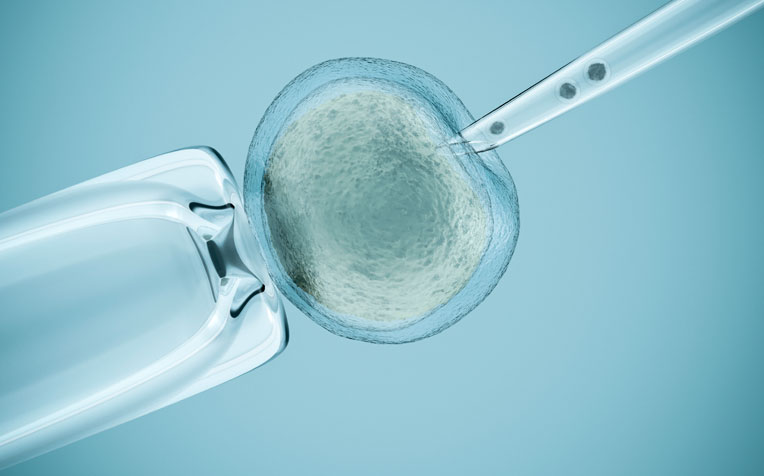
The developmental cycle of humans apportions your midlife to procreation and raising a family. While having a baby is the desire of most women, sometimes it’s curtailed by infertility. Infertility affects both genders, contrary to the perception it only affects females. However, women have unique anatomical differences that highly influence the fertilization process. Physiological inefficiencies may hinder you from conceiving in which obstetricians term you infertile. Even after syngamy, you may not carry the pregnancy to term, which also constitutes infertility. Breakthroughs in fertility treatments give hope for conceiving even after being diagnosed as infertile. Reproductive Surgeons at New York Noble Fertility Center employ advanced fertility treatments to make your childbearing dream a reality. This article delves into various treatment methods that will work for you.
Essentially, for you to conceive, these things have to happen:
· Your ovaries need to produce viable ova
· Your fallopian tube needs to be open at both ends and the ovum deposited in it
· High-quality sperm must penetrate the ovum and fertilize it
· The embryo needs to implant in the uterus
Naturally, any deviation from these will not result in pregnancy.
Fertility treatment methods
Modern medicine has made it possible for you to procreate even after an infertility prognosis using the following remedies:
1. IVF
In Vitro fertilization is the most effective solution to infertility. It involves taking a mature egg from the ovary follicles and fertilizing it with sperm in the lab. You can choose to use your spouse’s sperm or cryopreserved sperm cells from donors. The doctor will transfer the embryo to your uterus after pre-procedural evaluations of your follicles and endometrium. Several factors influence IVF, such as age and quality of eggs; you should consult an obstetrician to enlighten you on potential risks before opting for IVF treatment.
Post IVF care
After successfully implanting an embryo in your uterus, the next phase is taking care of your pregnancy. IVF care is crucial in determining whether the child will be born and therefore needs all the attention and investment from you. Drugs like tricyclic antidepressants aid in the embryo’s development. You can also continue with your usual physical activities, albeit with a lower frequency. You should visit a fertility center to plan your IVF care to carry your pregnancy to term.
2. Intauterine insemination (IUI)
The “sperm washing” technique prepares the sperm before being deposited directly in your uterus during the time of ovulation. An obstetrician may qualify you for IUI by administering medication to stimulate your follicles. IUI is less expensive than IVF; however, it has a lower success rate depending on the viability of the ovum and age. IUI is a method best suited when you want the feeling of natural conception as it is less invasive than IVF.
3. Reproductive surgery
Hormonal imbalances and anatomical defects in your body may cause infertility. Reproductive surgeons work to modify your body to a utopian state using surgery. Estrogen levels and progesterone levels are carefully altered to resemble a pregnant mother. The sealing effect is conception, when a viable sperm penetrates your egg. Fibroids may block your fallopian tubes and stop the ovum from traveling into the fallopian space. A careful operation by expert surgeons removes the fibroids, restoring your fertility. It is imperative to undergo an examination before you decide on reproductive surgery.
Infertility is treatable at the best fertility centers. You can choose infertility treatment options from IVF to intracytoplasmic sperm injection, depending on your budget and desired solution.